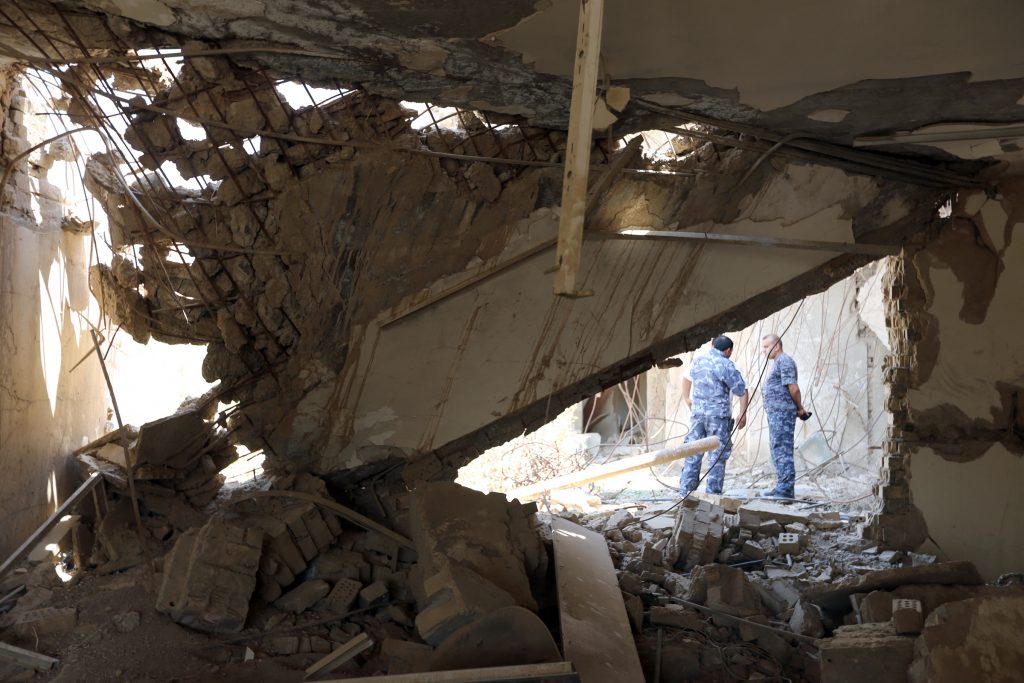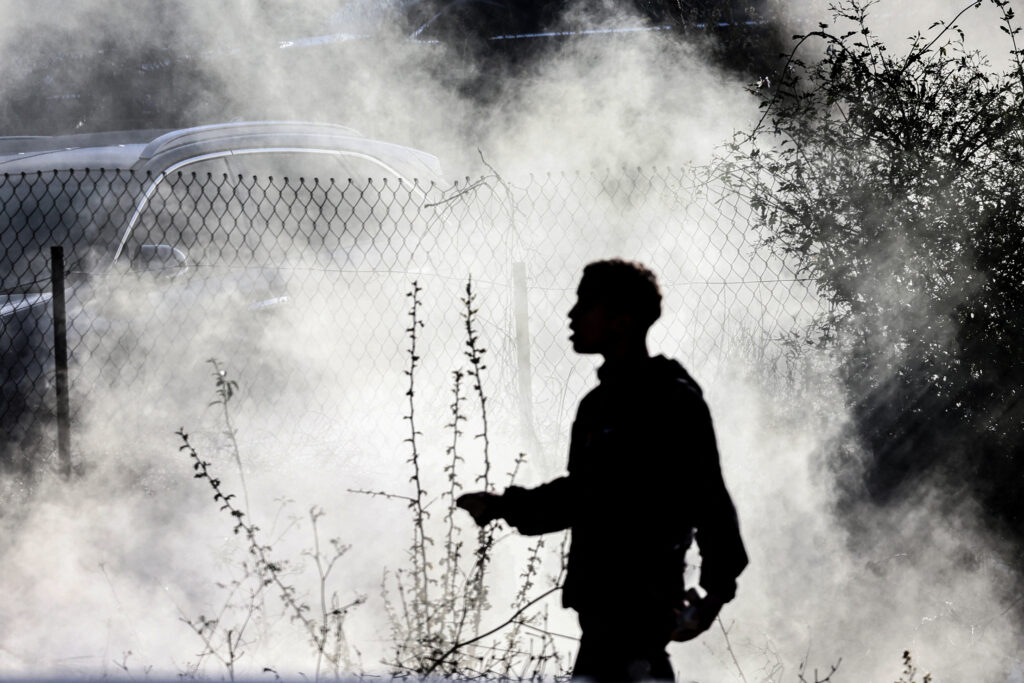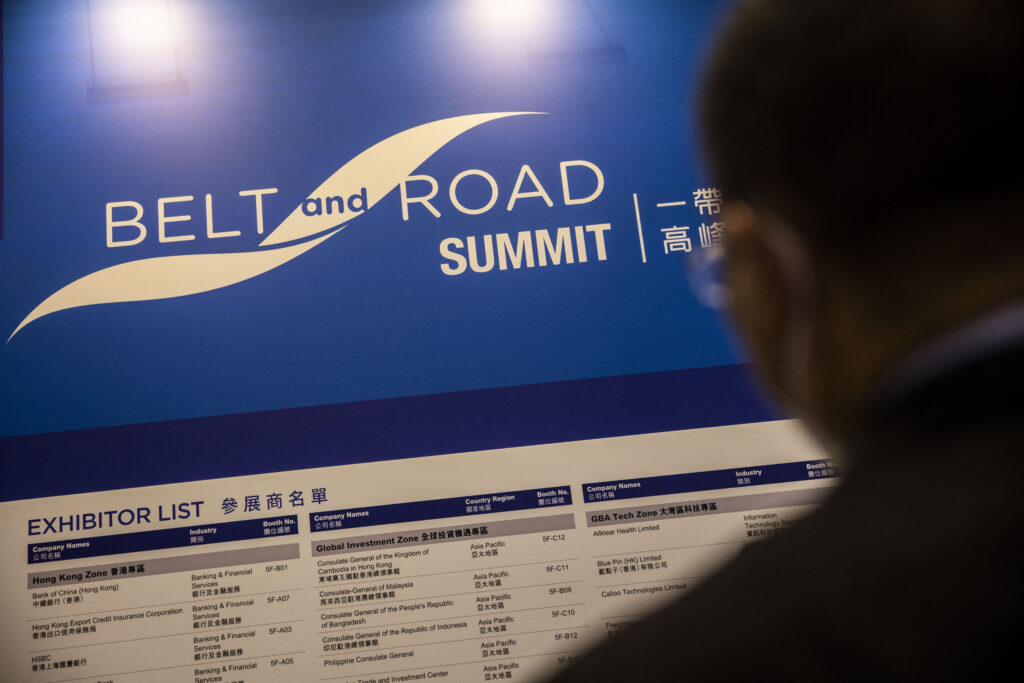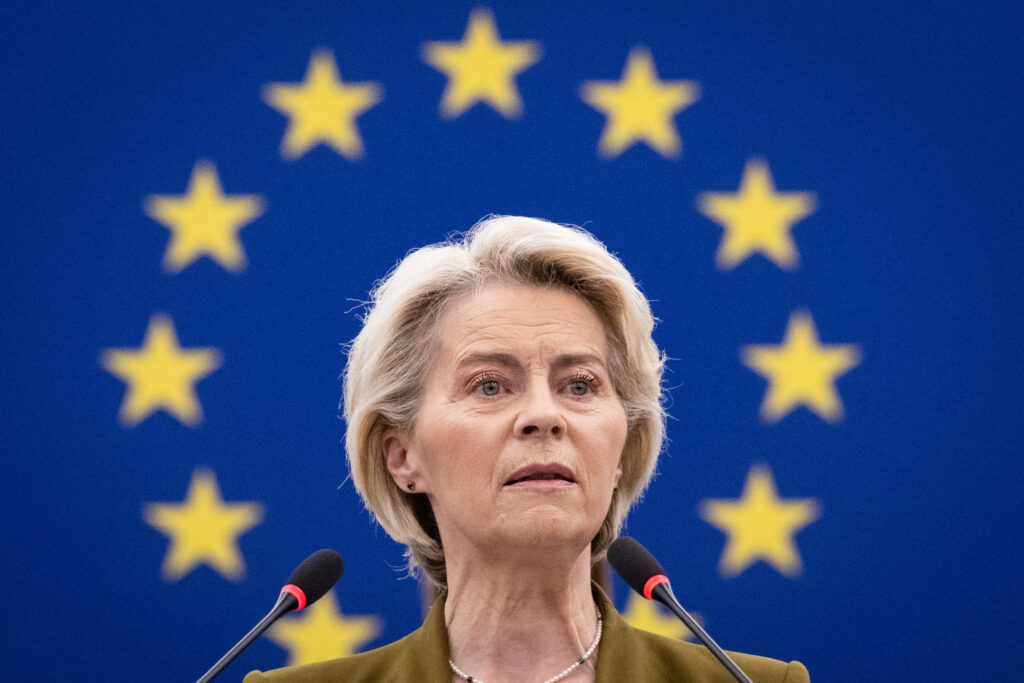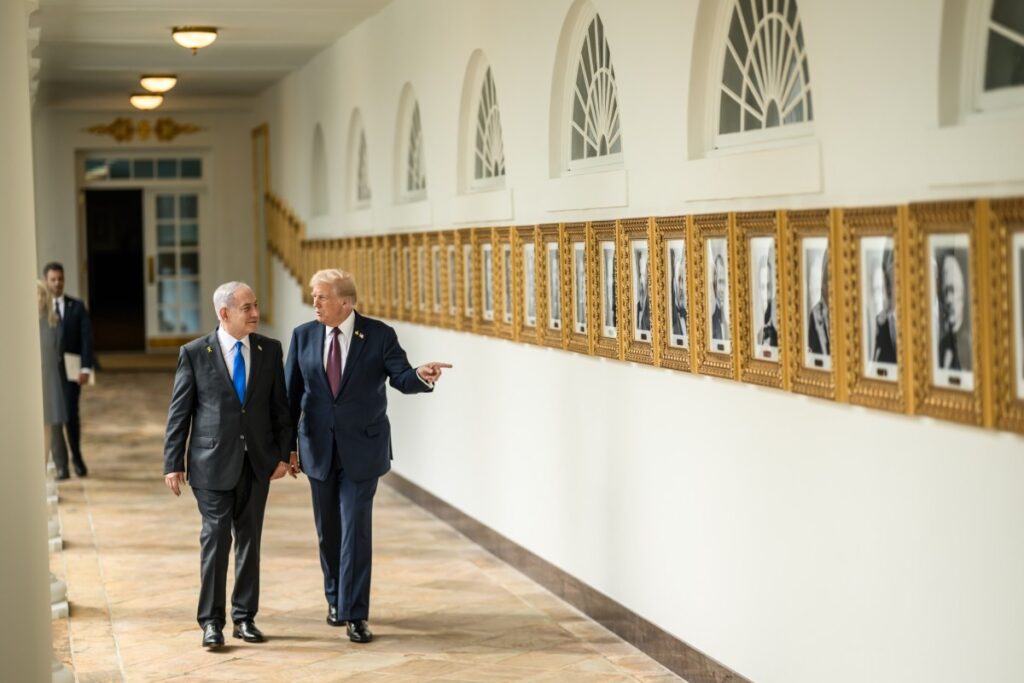Series Introduction
The Changing Character of War in the Middle East and Beyond
Since the privatisation of the American war in Iraq, the commercial market for force in the Middle East has grown exponentially, raising critical regulatory concerns. In addition to protecting people and infrastructure, for instance along China’s Belt and Road, some security contractors now even perform combat-related services such as communications support and drone operations. While professional contractors promise greater flexibility and cost-efficiency than traditional armies do, we have also seen shadowy contractors and mercenaries being deployed with plausible deniability by the likes of Russia and Turkey in places like Syria and Iraq.
This series of Insights brings together academics and industry practitioners to explore the possibilities and challenges presented by such privatisation of the state’s monopoly on the use of force.
CLICK HERE FOR THE PDF
By Gyorgy Busztin*
Drawing on his experience with the UN Assistance Mission for Iraq, the author highlights the challenges that the UN and its various missions and agencies have been encountering in providing security for their staff and infrastructure in conflict situations.
The role of the United Nations as a global forum for dialogue between nations, a mediator of conflict and provider of development and humanitarian assistance is more important than ever before in an increasingly divided, dangerous and unpredictable world. Its role is especially critical in countries like Yemen, Syria, Libya and Somalia, which have been mired in seemingly endless conflict — in some cases triggering uncontrolled human migration, with catastrophic effects.
Whether or not the UN can successfully deliver its mandate in these difficult circumstances hinges to a large extent on the world body’s ability to provide for the security of its various missions and agencies[1] on the ground.
The UN at Work
With a huge apparatus centred on headquarters in New York and Geneva, the UN is present on the ground worldwide in constantly shifting theatres of instability, conflict and natural disasters. Although statistically difficult to quantify, it can be said with certainty that the spearhead of UN activity outside the strictly confined political engagements involving diplomats and world leaders is constituted by its various missions. These span the globe but may be narrowed down to two types of activity: peacekeeping missions and special political missions.
Peacekeeping missions are directly engaged in preventing conflict or attempting to resolve conflict through mediation and other means. They often rely on the presence of peacekeeping forces provided by member states to establish security and enforce ceasefires.
Political missions are tasked with promoting peace and capacity building in post-conflict environments with an eye to preventing the recurrence of conflict and facilitating normalisation.
Both types of missions facilitate the work of various UN agencies in fulfilling their mandates in areas such as humanitarian work, the protection and resettlement of refugees and the displaced, the protection of children, the delivery of aid, and the protection and monitoring of human rights. Added to this is development work when and where conditions are ripe.
Security by Various Means
UN missions vary in size and operate in widely varying environments. Some rely on the presence of thousands of uniformed and civilian personnel with substantial physical infrastructure and equipment, including air assets.
The UN classifies the level of danger in specific environments based on a scale that relies on data assembled locally. This classification indicates different threat levels and the kind of security measures that should be adopted in a specific environment and the time needed to mitigate risks. A separate security authority within the UN, the Department of Safety and Security (DSS), which is directly responsible to the Secretary-General, monitors the security environment in each mission, providing timely guidance. Security structures in each mission do risk assessment and planning to enable safe operation. They closely coordinate with the various UN agencies present in their areas of operation, but the latter also have their respective security structures and arrangements.
Providing adequate protection to UN personnel in the field is a paramount objective of the organisation and this applies to civilian personnel as much as to armed peacekeepers in the military and police contingents performing peacekeeping tasks. Adequate protection of infrastructure and materiel is also of critical importance.
The UN adopts various approaches to guarantee the best possible form of security for different mission environments, and therefore no uniform guidelines are set. This allows for a requisite degree of flexibility.
As a rule of thumb, the UN relies on the host government for the protection of its personnel, armed and civilian. An international convention to this effect is in place but it is hardly applicable in most theatres of conflict. Failed or failing states cannot comply with its conditions even if they are signatories. This option thus only applies where states are functional and in a position to provide security.
Peacekeeping missions, as opposed to special political missions, are frequently required to look to non-UN sources to provide for the security of their personnel. Also, the various UN agencies increasingly rely on their own security arrangements. In extreme situations, this is only possible through the presence of adequate force and infrastructure protection secured from outside, or hired locally, independent of the local government or any functioning authority (but preferably with their consent).
Private military and security companies (PMSCs) have been regularly called upon to play a role in providing security for the UN, be it for missions or the various agencies. The UN is not entirely comfortable with such arrangements but cannot do without them. The political, legal, and ethical caveats are many. Implementing the principles of the UN charter by way of paid armed personnel not answerable to the world body is a paradox and at times raises questions about the legitimacy of their involvement. It carries the danger of tarnishing the image of the UN and bringing into question its actions.
Nevertheless, such arrangements have been seen as cost savers, as opposed to relying on UN personnel that are not readily available or available only at a higher price. PMSCs, either international or local, are capable of drawing on local security personnel, making them cost-effective solutions. Using PMSCs allows the UN to reduce its overheads and redirect the money saved towards humanitarian work, which is a fair bargain.
At this point, the contracting procedure is not formally regulated by the UN. Neither is there a pool of PMSCs approved for hiring. The guiding principle remains that outside contracting in the field of security is a last resort.
Attempts have been made to rely on the Montreux Document on Private Military and Security Companies for guidance in hiring PMSCs, but these were subsequently dropped by the UN. A committee, fittingly named “UN Working Group on the Use of Mercenaries as a Means of Violating Human Rights and Impeding the Exercise of Rights of Peoples to Self‐ Determination”, was formed to look into the matter. The committee’s broad guidelines urged missions and agencies to do thorough background checks to ascertain that companies earmarked for contracting were not associated with criminal or terrorist elements. But such checks are still not always effective in preventing the involvement of dubious companies.
All security contracts with commercial security providers need to be approved by the Undersecretary General responsible for safety and security. The chief conduit for dealing with PMSCs is the UN’s Office for Project Services (UNOPs). They liaise with PMSCs on behalf of the various UN agencies.
The PMSCs most widely accepted for UN hiring are the large international security providers that have reliable reputations and a continued presence in the mission/activity area concerned. Some routinely work with specific UN agencies in various mission settings.
Ethical Issues
Selecting the right private security provider has to be undertaken with great care as any misstep on the part of a PMSC may compromise the UN’s activities. Some PMSCs are so closely identified with a UN mission or one of its agencies that they are seen as part and parcel of the UN, which calls for special caution. The rule of thumb is to ascertain that any agency picked is acceptable to both the authorities and society in the mission/activity area as its work with the UN will inevitably affect the image of the organisation.
Humanitarian work is a particularly sensitive area of protection and security provision. Here, agencies are extra cautious about the presence of uniformed personnel, which may raise difficulties both in obtaining access and in establishing adequate contact with those in need of assistance or protection.
Security arrangements in these circumstances are conducted on a set of strictly defined rules. Locally hired security personnel are to be selected with great care in conflict areas where tribal, clan, religious or ethnic associations may be a source of danger.
Much as reliance on locally available security personnel can facilitate communication and interaction with local communities, it can also prove to be problematic. In such cases, relying on outside resources is more conducive to successful mandate delivery.
Foreign hires provided by PMSCs need to be trained to act in strict observance of local cultural norms to avoid cultural insensitivities that may negatively affect security or service delivery. PMSCs with a history of problematic behaviour or unreliability need to be avoided altogether.
Iraq has seen some US PMSCs commit such egregious human rights violations during the period of US occupation that they had to be excluded from any role in the country. That said, it is a foreign security company that provides security for one of Iraq’s most important arteries — the airport road in Baghdad.
The Iraq Experience
The UN Assistance Mission for Iraq (UNAMI), which was set up in Baghdad on the heels of the US invasion of Iraq, has by virtue of its tragic fate changed the UN’s security arrangements altogether. The following description reflects how security arrangements for UNAMI evolved between August 2003 and October 2017, when my term with UNAMI ended.
On 19 August 2003, the mission, then housed in Baghdad’s Canal Hotel, was attacked by a suicide bomber on a flatbed truck, resulting in heavy loss of life. Sergio Vieira De Mello, the Special Representative of the UN Secretary-General (SRSG), and 22 UN staff members, died in the attack. Investigations uncovered security breaches but in retrospect the attack might have been difficult to prevent unless the mission had been housed in a purpose-built facility.
In the aftermath of the attack, the UN mission in Baghdad was relocated to the city’s well-protected international zone, which also housed the PM’s office, government ministries and embassies. More significantly, the UN adopted fundamentally new security rules and approaches, as well as structural arrangements, creating DSS as the unique security department of the organisation, and thereby simplifying decision making.
In Iraq, a three-layered protection system was adopted for the mission. The first layer was constituted by the UN international security staff. This professional force, composed chiefly of former military and police officers from member states, acted as personal (or “close”) protection details to the SRSG and his two deputies (political and developmental). The three were the UN officials who had to move most frequently and therefore exposed to the highest level of risk, given the endemic violence in the initial years of the conflict.
UN security experts in the mission provided the risk assessment and the requisite security planning under the leadership of the chief security adviser —normally a security expert in the UN with a military background — who reported either to the SRSG himself or his political deputy. In regular security meetings with the heads of the various UN agencies operating in the country, a collective assessment of the situation on the ground was undertaken. The missions of UN officials and staff were then planned individually, with careful assessment of intelligence in coordination with Iraq’s security organs.
The requisite training for officials and personnel in the mission was provided by international security companies. These training sessions were regularly repeated and updated. Uniformed personnel were provided separate training.
The second layer of protection was provided by the UN Guard Unit (UNGU), which was responsible for static security, manning watchtowers, checkpoints, and entrances and exits to the mission.
In the case of UNAMI, UNGU guards were drawn from Fiji. (Fiji and Nepal are highly preferred providers of security personnel as neither nation has issues with its neighbours, an important guarantee of wide acceptance.) The Fiji UNGU was the backbone of mission security and additionally provided physical security for UN installations.
The Fijians, native English speakers, well drilled and good humoured, were an ideal force to provide security in Iraq but their poor provision in terms of both salaries and home visit opportunities remained a problematic element that the mission leadership could not sort out with the UN headquarters.
The third layer of security for the mission was provided by Iraqi military forces assigned to this duty by the government. They manned the area outside mission premises. Theirs was supposed to be the first line of defence but on account of low morale they would have hardly risked life and limb for the UN. At the most critical moment in the mission’s life — June 2014, when the ISIS terrorist movement was at the gates of Baghdad — these guards melted away. Reconstituted somewhat subsequently, they remained more of a decoration then a real source of protection, but being inside the protected international zone the mission’s security was not directly affected by this shortcoming.
For UNAMI’s missions outside Baghdad, the Iraqi government placed at our disposal heavily armed police escort columns, which proved an efficient deterrent. Providing for them however was often problematic. The UN had no funds earmarked for this service and there were heated arguments with its various agencies on cost sharing.
Some Lessons Learnt in Iraq
A friendly government in a theatre of UN activity is a source of great help to the work of the organisation. This however cannot be taken for granted and especially not for all UN activities.
While development and humanitarian work and related assistance delivered by agencies such as UNDP, UNICEF, WHO or UNHCR is generally welcomed in most places and carries no ambiguities that may affect security during service delivery, other areas of UN activities may elicit mixed, or outright negative, reactions. Examples of these include situations where local interests diverge or clash with the implementing agency on its selection of aid beneficiaries or its modalities of aid implementation.
Work involving the protection of human rights and the scrutiny of the justice and penal system may constitute further irritants to local authorities or specific political parties or interest groups in the partner country. Such controversies may raise security threat levels for UN agencies or individual UN personnel and, not infrequently, locally employed staff working with them.
Situations of this nature have manifested themselves in Iraq, particularly when a clash of interests between UNAMI and the government in office at an earlier stage led to an assassination attempt on a former SRSG. The incident resulted in the accidental deaths of several local police officers.
Officials of the Office of the High Commissioner for Human Rights have come under pressure on occasion while delivering their duties. Although not directly threatened, their security arrangements had to be reviewed. In certain cases, staff were temporarily removed to avoid potential danger.
While the emergence of a government positively disposed towards the UN and its activities in the country has currently eased concerns of this nature, political changes can fast occur and produce new realities that affect the security of the mission and the various agencies.
Complicating the situation is the role of non-state actors, a phenomenon markedly present in Iraq (but also in countries like Syria, Libya, Lebanon and Yemen). Non-state actors are not necessarily inimical to the government; neither are they by definition terrorist groups that constitute a threat to the UN. But they act independently according to their own political-economic agendas and may be on a collision course with the UN’s objectives that aim to shore up government authority. Adding to the complications they pose are criminal groups, some of which see UN activities as a threat.
All these variables bring new challenges to the security of the UN in Iraq as well as to UN activities elsewhere in the Middle East. Such challenges need to be addressed through multiple strategies. Relying on community support is part of the solution. The other is dialogue, where possible, with the potential sources of threat, to point out that it is in their interest to support unhindered UN assistance and service delivery to vulnerable communities.
The Way Forward
The nature of the security threats that UN missions and UN agencies on the field encounter varies widely, depending on the theatre in question. One thing however is common: the threat levels are generally increasing. How the UN can remain close to the people it serves while enjoying a requisite level of security remains a thorny question. The answer may be community protection, where it is feasible. When communities recognise that the UN’s mission clearly serves their interests, they may reciprocate by standing up for the UN presence. No panacea, especially in the face of terrorism, this still is the only way forward, together with more reliance on locally available security, where feasible. The UN is indispensable and must continue functioning in difficult environments, whatever the cost.
* Dr Gyorgy Busztin is Visiting Research Professor at the Middle East Institute, NUS. A career diplomat and an academic, he has served as Hungary’s ambassador to Indonesia and subsequently to Iran. Between 2011 and 2017, Dr Busztin served as deputy envoy of the UN in Iraq, with the rank of Assistant Secretary-General. He was responsible for the mission’s political, analytical, electoral and constitutional support components. Dr Busztin holds a degree in Arabic history from Damascus University, Syria, and a doctorate in Arabic and Semitic philology from Lorand Eotvos University in Hungary. He believes strongly in political and intercultural dialogue and has engaged leading politicians, intellectuals, religious leaders and representatives of civil society.
Image caption: Security officers seen between the concrete slabs of the destroyed Canal Hotel in Baghdad on 16 August 2013. The hotel, which had served as the headquarters of the UN Assistance Mission for Iraq, had been destroyed in a massive bombing 10 years earlier, which was dubbed “the 9/11 of the UN”. AFP Photo/Sabah Arar.
End Notes
[1] The term “agencies”, as used in this paper, is a convenient shorthand for the various UN agencies, funds and programmes.

